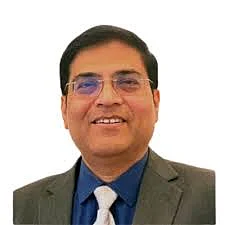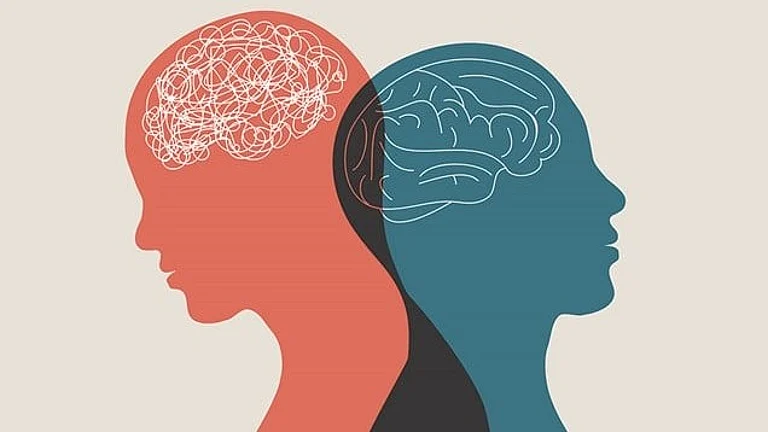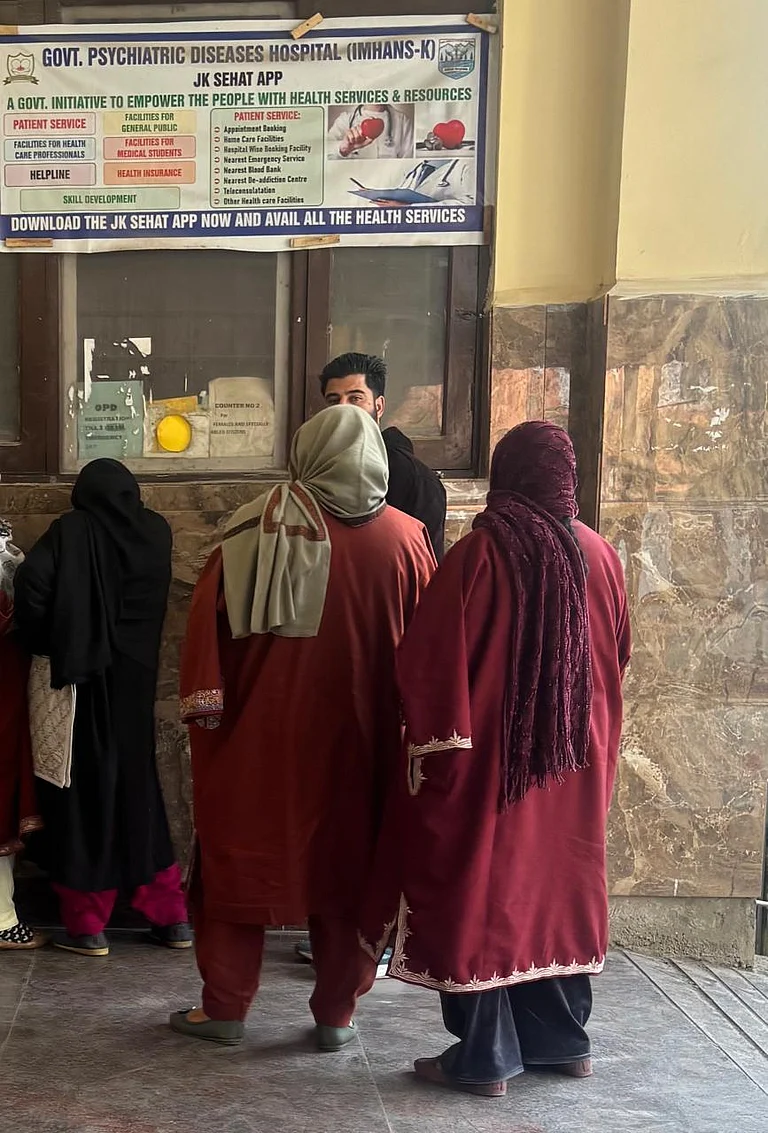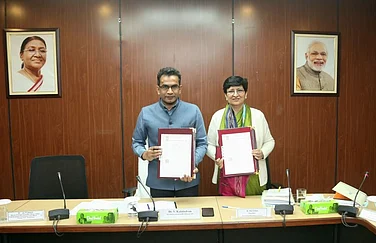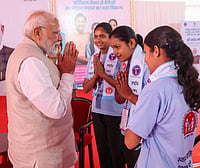They say it through withdrawal, irritability, sleepless nights, falling grades, unexplained aches, sudden anger, or vanishing interest in things they once loved.
These are not phases to be outgrown — they can be early signals of mental distress in your child. And when ignored, they do not disappear; they grow quietly into adulthood, shaping behaviour, relationships and self-worth for decades, Dr. Rajesh Sagar, senior psychiatrist at All India Institute of Medical Sciences (AIIMS), Delhi warned.
He cited research showing that over half of adult mental-health disorders begin before age 14. “The reason being that in young life, your child learns many skills like academy, social, multiple skills are, you know, child is learning. If anything happens during those crucial years, that has an effect later in life also. So you can see how important that phase is.”
Academic race, mobile overuse, cyberbullying, body-image fixation, minimal play, shrinking conversations at home has added to their agony.
But, unfortunately, children today are hyper-connected yet emotionally unsupported. Adults often mislabel distress as stubbornness or disobedience, when it is a silent plea for attention and safety.
Any reference to suicide, Dr. Sagar emphasised, must be treated as a medical emergency — not drama.
India, with 40% of its population below 18, should have been investing heavily in early mental-health care. Though the Government has introduced programmes such as RBSK, RKSK, the School Wellness Programme and the National Education Policy, which recognise mental health, implementation remains slow and uneven, he noted.
In fact, Dr. Sagar pointed out, the treatment gap is a staggering 80–90%. In practical terms, only 10 to 20 children out of every 100 who need help ever reach professional care. The rest are lost to silence — pushed back by stigma, misinterpretation, denial, and poor access to specialised services.
“There are many reasons for this gap: stigma still silences families, awareness remains low, and specialised services for children are scarce. Mental health services overall are limited, but child-focused services are even fewer."
“Let me underline this — across the country, such services exist only in major institutes, leaving most districts and smaller towns without access,” pointed out Dr. Sagar.
Cautioning that parents must learn to recognise the early signals of mental health challenges in their children, he also dwelled in detail on what he described as an emerging and deeply insidious threat—cyberbullying. Online humiliation, he noted, is not a passing discomfort but a psychological assault that can leave scars well into adulthood. Many families continue to underestimate the gravity of such experiences, unaware that sustained name-calling, exclusion from groups, offensive messages, doctored images or public shaming can quietly erode a child’s self-worth.
Explaining that schools have a much bigger role to play and must respond — not just teach, Dr. Sagar stressed that teachers are often the first to see behaviour change.
Schools need trained counsellors, sensitised teachers, active Parents-teachers meetings (PTMs,) mental-health curriculum and 24x7 helplines.
“In a class of 30–50 students, teachers notice deviations parents may miss. This is because parents are emotional and in denial mode but teachers are neutral, they can comment on a child's behaviour better. Hence, PTMs should discuss behaviour and emotional health — not only just marks.”



